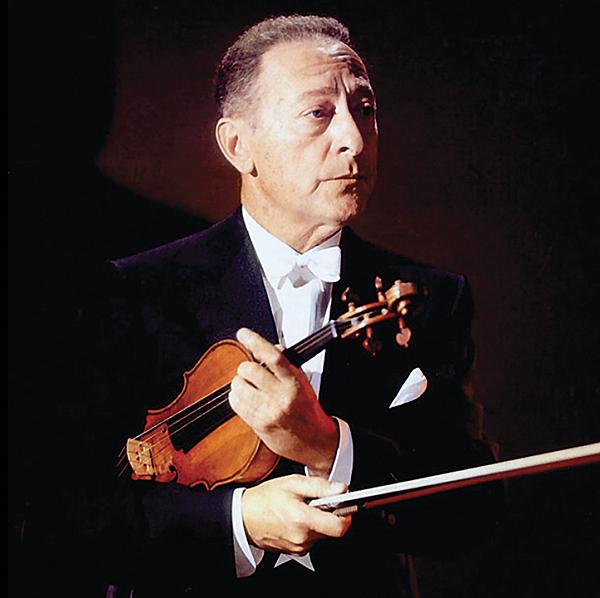
Recently, I played recreational sand volleyball for the first time. It was a lot of fun, but several times during the game, I caught myself being overly self-critical (“Hold your arm lower when you start the serve”; “Why did you hit it like that?”, etc.). It’s no secret that playing an instrument at a high level requires a lot of careful, critical self-examination, but the trick is knowing when to turn it off – something, I, like many musicians, struggle with.
During this past U.S. Open, tennis greats Naomi Osaka and Venus Williams have shared their struggles with mental health, with a candor rare in the sports world. Their stories reminded me so much of the music world – like tennis players, musicians spend countless, solitary, hours honing our craft, and are taught early on to pursue perfection. As top-ranked men’s player Novak Djokovic puts it: “We are a particular sport that only has one winner.” Anyone who’s ever taken an orchestral audition knows exactly what he’s talking about. One person is ecstatic, and everyone else goes home disappointed. One noteworthy difference: Djokovic made $1.25 million dollars for losing Sunday’s final, whereas everyone at an orchestra audition (including the winner), loses money paying all their own travel expenses. (The insane economics of the music world are a subject for another time – still, just sayin’.)
I may have taken as many as 25 auditions myself, and won only a handful, none of which were “big ones” (the kind that give you a full-time job in a prestigious orchestra). For a long time, that felt like failure, but what I always noticed was how much better my playing got through the preparation. In my teaching (and my practicing, most days), I focus on the simple joy of making music, and the satisfaction that comes with improvement.
Both the sports and music worlds are full of stories of the perils of perfectionism, and there’s no better example than Jascha Heifetz, the gold standard for violinists since the early 20th century. Heifetz refined his craft with unrelenting determination, thanks in large part to his mother, who was never satisfied with his playing, and told him so repeatedly as a child. Heifetz was raised to be (and became) the world’s greatest violinist, but by all reports was a cold, difficult, human being. Given his upbringing, that’s not a surprise, but what a shame – how much joy did he miss out on in his life, even having achieved as much as he did?
After her recent loss at the U.S. Open, Naomi Osaka said: “I feel like for me recently, when I win I don’t feel happy, I feel more like a relief. And then when I lose I feel very sad. And I don’t think that’s normal.” She’s right about that. Many thanks to her and Williams (as well as gymnast Simone Biles) – in speaking publicly about their struggles, they’ve done their fellow athletes (and the rest of us perfectionists) a great service.
Thanks Nat. Always inciteful and thought provoking.
Thank you, Cora!